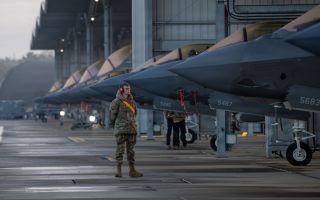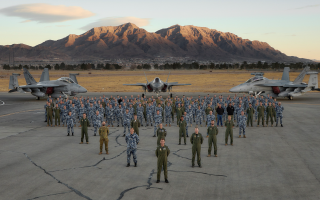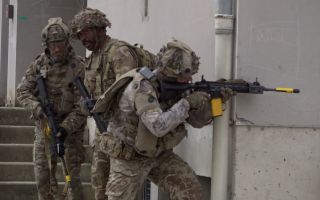What Would Happen If North Korea Launched A Nuclear Attack?
There is little precedent for nuclear conflict.
Aside from the bombs dropped on Nagasaki and Hiroshima that arguably ended the Second World War, we have only a vague idea as to what a nuclear war would entail.
With tensions rising between North Korea and the US, we take a look at what could happen if Pyongyang were to conduct a nuclear strike.
What is the likelihood of this happening in the first place?
Although no one can say for sure whether Kim Jong-un would authorise the firing of a nuclear weapon, with the increasingly aggressive action from the North, it's no wonder that thoughts are turning to what might be done in the event of a nuclear attack.
What's the pre-emptive strike plan?
There are various different procedures in place in the event that a nuclear attack is imminent.
First off, allied forces will attempt to eliminate the missile at launch.
The US and South Korean militaries very much work together where this possibility is concerned; they are currently undertaking joint exercises in the South to prepare.
Currently, troops will be practising the 4D operational plan, in which they train how to detect, disrupt, destroy and defend against such strikes as part of Exercise Ulchi-Freedom Guardian.
The planned joint US and South Korean response has been named OPLAN 5015.
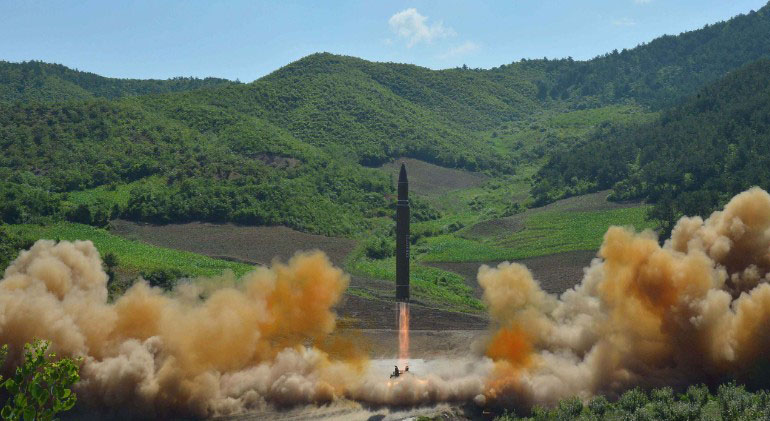
What if the missile has been launched?
There is a tiered missile defence plan in place in the event that a missile becomes airborne.
The Korean Air and Missile Defence system is designed to intercept airborne missiles.
The US currently has 36 interceptor missiles. In May, the US tested its interceptors from Vandenberg Air Force Base with great success, colliding with and breaking up an incoming test missile.
What would happen on the ground?
According to the New York Post, President Donald Trump would have "maybe 10 minutes" to decide whether or not to retaliate with his own missile strike.
As for what would happen to civilians - nobody is entirely sure.
Nuclear missiles travel fast, and US citizens would likely have around half an hour to take cover.
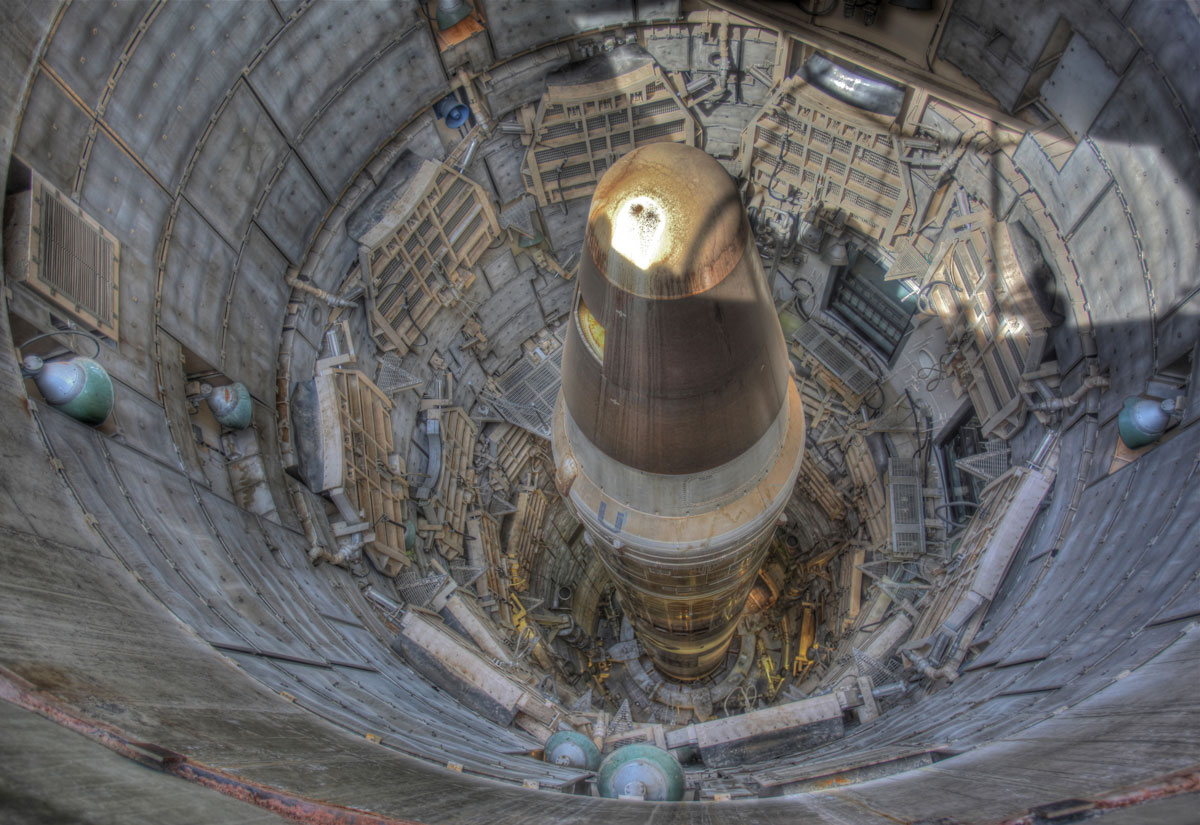
And for South Korea, things are much worse- they would have 0-6 minutes to respond once a missile has been launched.
What about the UK?
North Korea has not yet developed nuclear missiles capable of reaching the UK, but our country does have measures in place in case a nuclear attack was launched.
Between 1953 and 1992, whilst the Cold War was in full swing and a nuclear attack was feared to be imminent, the British Government had a 'four-minute warning' system in place.
The system was named after the amount of time Britain would have from the confirmation of an airborne Soviet missile to its impact.
Citizens would have been alerted via radio, TV and sirens.
Now, people will hear about an attack via text message; the same occurred in Japan recently when North Korean missiles were flown over a northern Island and landed in the Pacific Ocean.




